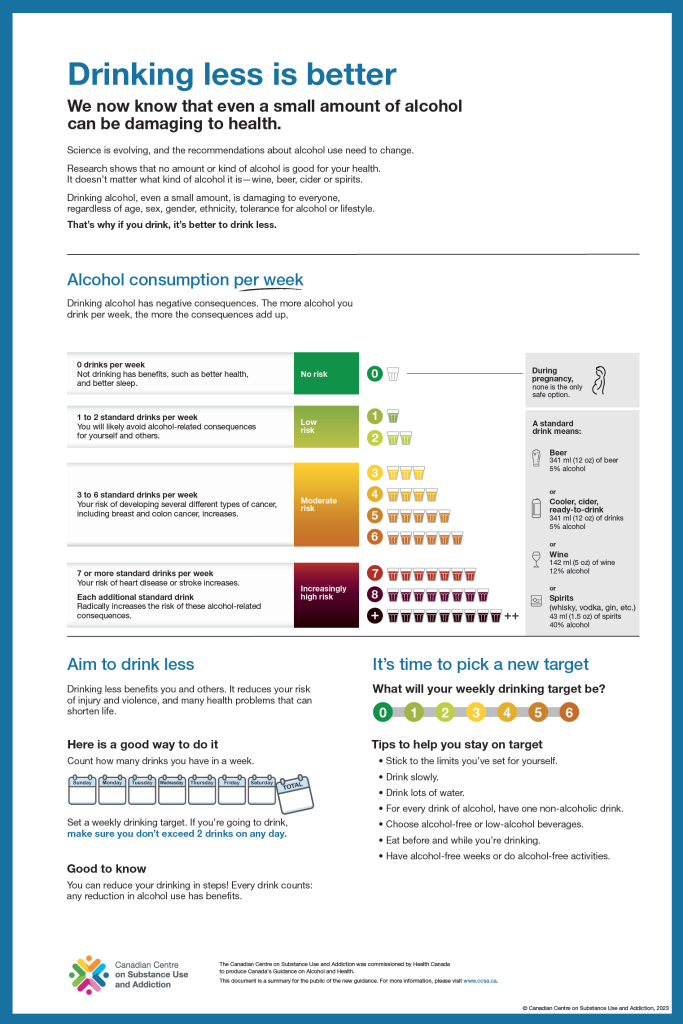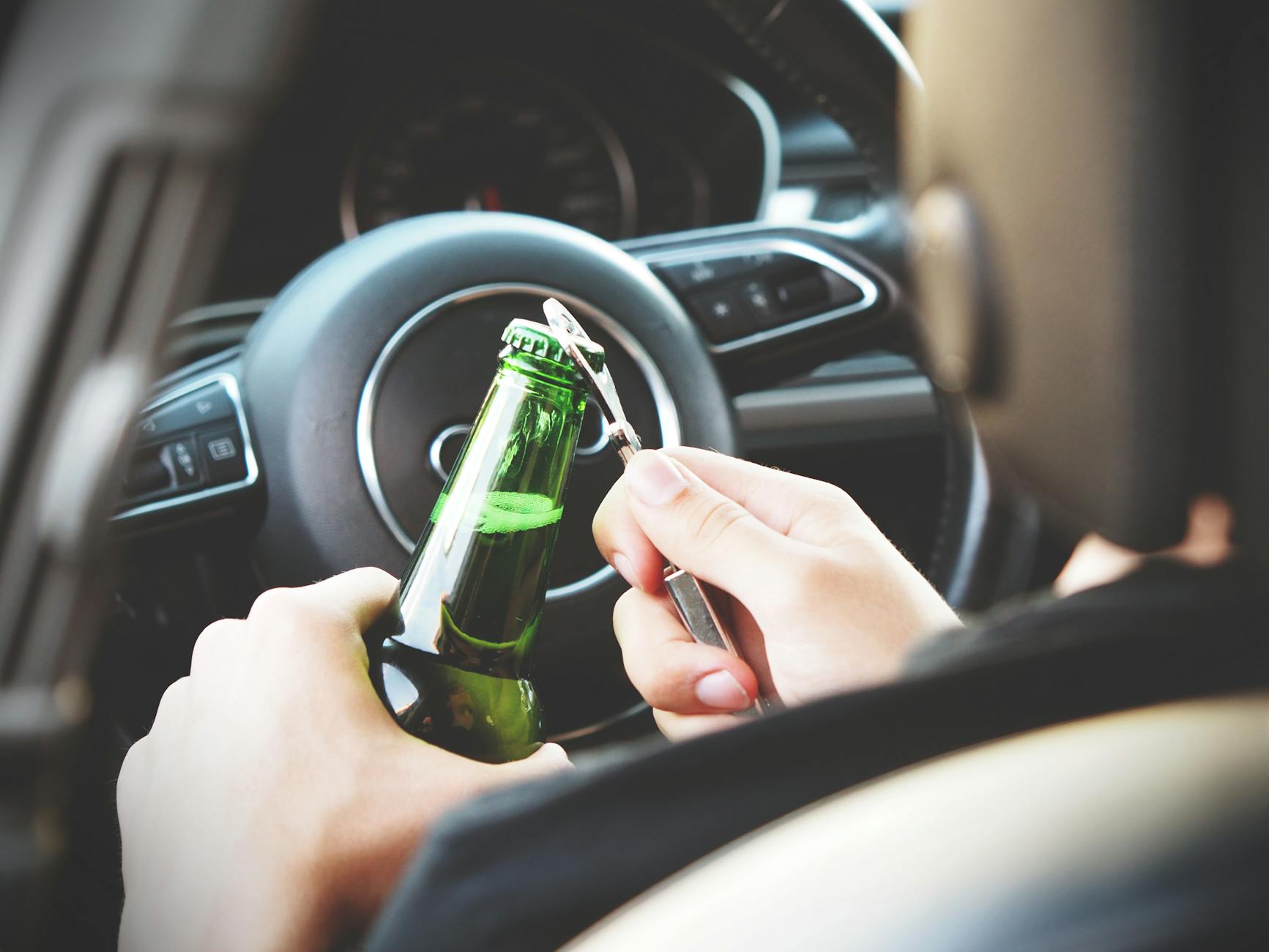Discover the secrets of alcohol tolerance and metabolism in our latest blog post on unlocking the mystery of beer consumption.
Table of Contents
Have you ever wondered how many beers it takes for you to start feeling a bit tipsy? This common question is often asked by individuals who are curious about the effects of alcohol on their bodies. In this blog post, we will delve deep into the science behind alcohol intoxication and explore the various factors that can influence how many beers it takes to get drunk.
Understanding Alcohol Metabolism
alcohol metabolism plays a significant role in determining how quickly and intensely someone may feel drunk after consuming beer. When you drink alcohol, your body metabolizes it through a process primarily taking place in the liver. The rate at which alcohol is metabolized can vary from person to person and is influenced by factors such as age, weight, and gender.
Younger individuals generally metabolize alcohol faster than older individuals due to differences in liver function. Additionally, individuals who weigh more tend to metabolize alcohol more efficiently than those who weigh less. Gender can also play a role, as women typically have a lower tolerance to alcohol than men due to differences in body composition and enzyme levels.
Individual Tolerance Levels
One of the key determinants of how many beers it takes to get drunk is an individual’s tolerance level to alcohol. Tolerance can vary greatly among different people and is influenced by a variety of factors. Genetics can play a significant role in determining how well someone can handle alcohol, as certain genetic variations can affect the body’s ability to metabolize alcohol efficiently.
Additionally, the health of the liver can impact tolerance levels, as individuals with liver damage may be more sensitive to the effects of alcohol. Previous exposure to alcohol can also influence tolerance, as regular drinkers may have higher tolerance levels compared to occasional drinkers.
Influencing Factors of Intoxication
Several external factors can influence how drunk someone gets from drinking beer, regardless of the number of beers consumed. Mixing alcohol with other substances, such as medications or illicit drugs, can amplify the effects of alcohol and lead to quicker intoxication. Drinking on an empty stomach can also result in faster intoxication, as the alcohol is absorbed more quickly into the bloodstream.

Image courtesy of www.alcoholresearchforum.org via Google Images
The rate of alcohol consumption can also impact intoxication levels, as drinking large quantities of beer in a short period can result in rapid intoxication. Staying hydrated and pacing oneself while drinking can help mitigate the effects of alcohol and reduce the likelihood of getting drunk too quickly.
Conclusion
When it comes to determining how many beers it takes to get drunk, it’s essential to consider the complex interplay of factors that can influence alcohol intoxication. Understanding alcohol metabolism, individual tolerance levels, and external influencing factors can help individuals make informed decisions about their alcohol consumption and know their limits.
Remember, responsible drinking is key to enjoying alcohol safely and avoiding the negative consequences of excessive intoxication. By being mindful of how alcohol affects your body and knowing your own limits, you can have a more enjoyable and responsible drinking experience.
FAQ
How does weight affect how many beers it takes to get tipsy?
Answer 1: Weight plays a role in alcohol metabolism, as individuals who weigh more tend to process alcohol more efficiently. This can lead to a higher tolerance and potentially require more beers to feel tipsy compared to someone who weighs less.
Can genetics impact how quickly someone gets drunk?
Answer 2: Yes, genetics can influence alcohol tolerance levels. Certain genetic variations can affect how efficiently the body metabolizes alcohol, leading to differences in how quickly someone may feel drunk after consuming beer.
How does food consumption affect alcohol intoxication?
Answer 3: Eating food before or while drinking can slow down the absorption of alcohol into the bloodstream, potentially delaying the onset of intoxication. Drinking on an empty stomach can lead to quicker intoxication due to alcohol being absorbed more rapidly.
Is it safe to mix alcohol with other substances?
Answer 4: Mixing alcohol with medications or illicit drugs can have dangerous consequences and amplify the effects of alcohol. It is not recommended to combine alcohol with any other substances, as this can increase the risk of adverse reactions and lead to heightened intoxication levels.
Generated by Texta.ai Blog Automation


Leave a Reply